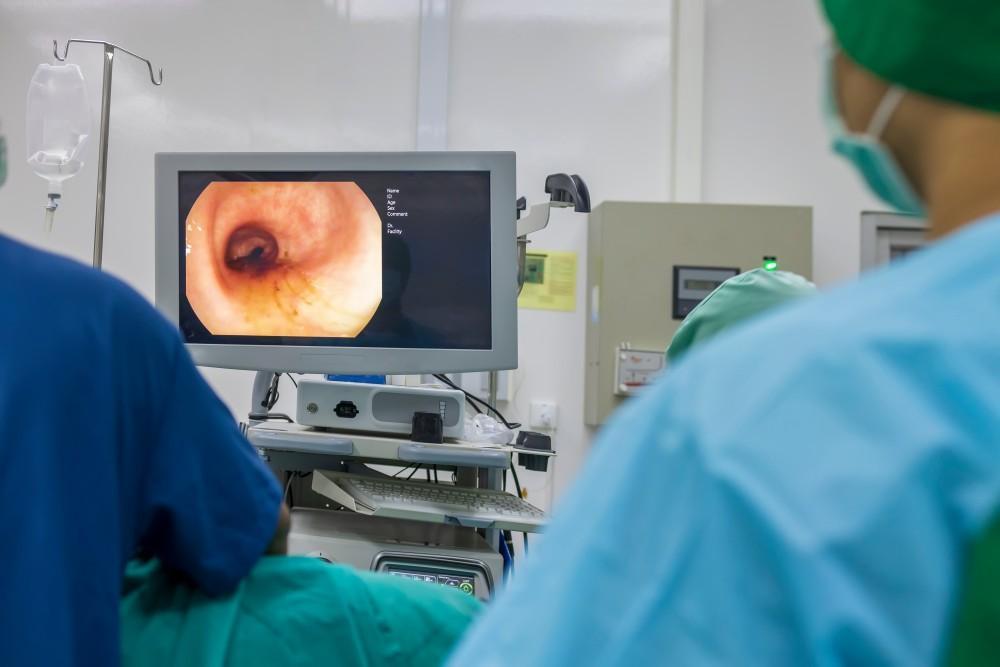
How Soon Do I Need a Colonoscopy If Colon Cancer Runs in My Family?

Everybody eventually needs to undergo a colon cancer screening, which may include a colonoscopy, because everyone is at least at average risk for this deadly, but potentially curable, cancer. Despite the effectiveness of early screening to catch and cure the disease, 50,000 adults still die from colon cancer each year.
The average woman in the United States has an approximately 4.0% chance of developing colon cancer at some point in her life. The average man has a 4.3% chance. But if colon cancer runs in your family, your risk is greatly increased.
At Colon and Rectal Surgeons of Greater Hartford, our colorectal experts and surgeons offer colonoscopy as the gold-standard test to identify and treat colon cancer. While other screening methods exist, they’re not appropriate for those at increased or high risk.
When should you start colonoscopy if colon cancer runs in your family? The answer depends.
Did an immediate family member have colorectal cancer?
If a first-degree member of your family had colon cancer, you may need to start screening before the usual recommended age. First-degree family members include:
- Parent
- Sibling
- Child
Your risk is even higher if more than one first-degree relative had colon cancer. In most cases, you need to start screening at age 40. If your relative was diagnosed before age 50, you should start at 10 years before the age they were diagnosed.
Do multiple relatives have colorectal cancer?
Even if no first-degree relatives had colon cancer, you may still be at increased risk if multiple blood relatives were diagnosed with the disease. You should also let your doctor know if multiple relatives had adenomatous polyps.
Before scheduling your consultation, collect information about your relatives who had cancer, the type of cancer they had, and at what age they were diagnosed. For anyone who died of cancer, include their age of death. Collect information on:
- Parents
- Siblings
- Grandparents
- Children
- Aunts and uncles
- Nephews and nieces
Some cases of colon cancer are caused by Lynch syndrome, which runs in families. It’s important to know if you or your relatives have Lynch syndrome, which also increases your risk for other cancers.
If you have a family history of colorectal cancer in a non-immediate family member, we still recommend getting your first colonoscopy at age 40. If you have Lynch syndrome or other genetic disorders, we may recommend early screening as well as genetic counseling.
Re-screen regularly
In addition to starting your colonoscopy exams at least five years before those at average risk, your follow-up schedule is also shorter. Instead of waiting 10 years between colonoscopies, you must come in more frequently.
Your exact schedule for repeat colonoscopy depends on your personal health status as well as your family history. Most often, you come in every five years. More often than than is usually unnecessary since colorectal cancer is a slow-growing cancer.
Colonoscopy treats colon cancer, too
If you’re still on the fence about booking your first colonoscopy, it’s important to remember that it’s more than a diagnostic tool. If your colorectal expert notices abnormal growths, such as polyps, that could be precancerous, they remove them during the screening process.
Any removed tissue is then sent to the pathologist for evaluation. Depending on their findings, we either schedule you for a follow-up colonoscopy in 5-10 years or recommend you for treatment.
Colonoscopy saves lives even if you’re at average risk. If you’re at increased or high risk for colon cancer, they’re an essential tool for a healthy and long life. Call us or schedule your appointment online today for a colonoscopy at our Bloomfield, South Windsor, or Plainville, Connecticut, clinics.
You Might Also Enjoy...


How a Colonoscopy Can Save Your Life

4 Signs You May Have Pilonidal Disease

Start the New Year Fresh with a Colonoscopy

5 Tips for Managing Your Crohn's Disease During the Holidays


